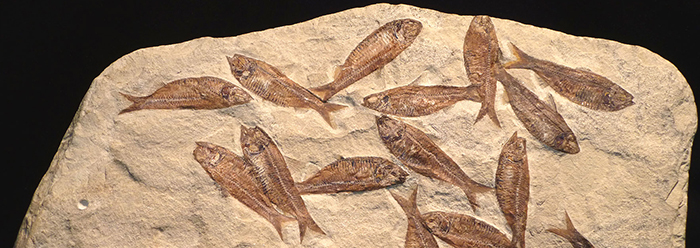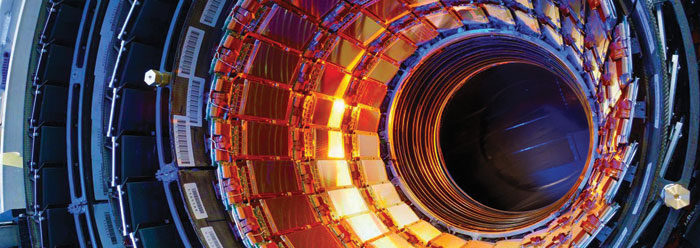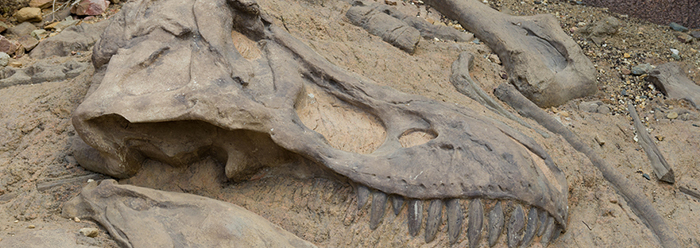In the midst of this current coronavirus crisis, we would like to remind our readers that although we live in a fallen and corrupted creation where many things are out-of-whack and even harmful, many things are still serving important non-threatening purposes—like most harmless viruses. A new study has been published showing how ocean viruses are an important part of the food chain.1
Virus particles in the sea are abundant and over 150 million can be in a small glass of sea water. And, most importantly, new research is showing how these viral particles can serve as lunch for a wide variety of ocean creatures that consume them during the process of filtering seawater for food and oxygen. Some good examples are sea sponges and oysters.
In this recent study, Japanese oysters that filter seawater for oxygen and food, such as algae and bacteria, were tested in the lab for their ability to consume viral particles. During the experiment, the oysters were denied both bacteria and algae to eat, but allowed virus particles. Amazingly, it was found that the Japanese oysters filtered out twelve percent of the virus particles from the water.
These results place the oyster in fourth place for the group of creatures that were tested. Other organisms that were found to be significant viral feeders were sponges, cockles (edible saltwater clams), and crabs. In fact, the sponges reduced the levels of virus in ocean water by up to 94 per cent in only three hours.
Until this groundbreaking study, it was largely unknown that different types of sea animals could have such a significant impact on ocean virus populations. Not only does this study help explain yet another original purpose for marine viruses, it also adds another dimension to the overall complexity of God’s creative systems-based engineering of ocean ecology.
Scientists previously knew that a major group of ocean viruses called bacteriophages that infect bacteria are highly abundant and play critical ecosystem roles in regulating bacterial populations and thus have a huge impact on biogeochemical cycling on a global scale.2 In fact, not only do bacteriophages regulate ocean bacterial populations by infecting and killing them, but they are also capable of altering the cellular metabolism of infected bacteria by not killing them and simply changing the bacteria’s gene expression patterns. And now we have evidence that the viruses can also serve as an important food source for a diversity of ocean life as well. Truly, the complexity of God’s creation is vast and overwhelming.
References
1. Welsh, J.E. et al. 2020. Marine virus predation by non-host organisms. Scientific Reports. DOI: 10.1038/s41598-020-61691-y.
2. Breitbart, M. et al. 2018. Phage puppet masters of the marine microbial realm. Nature Microbiology. 3: 754–766.
*Dr. Tomkins is Life Sciences Director at the Institute for Creation Research and earned his doctorate in genetics from Clemson University.











